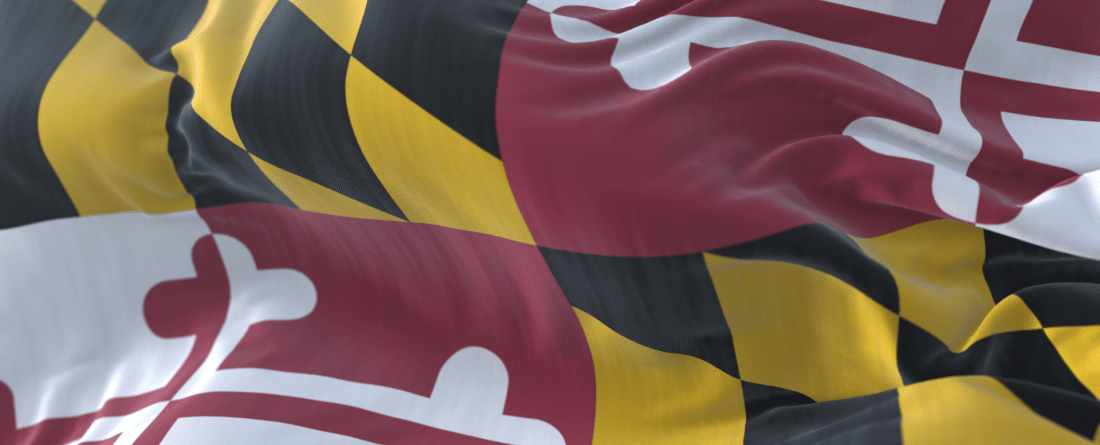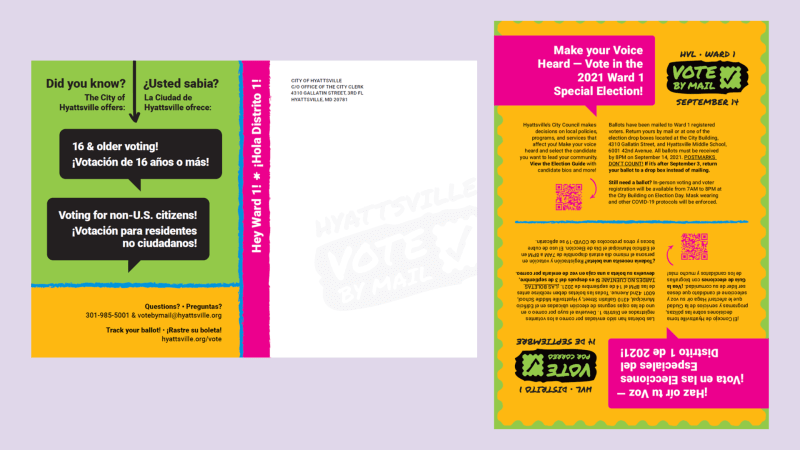
In the fall of 2021, the City of Hyattsville and the University of Maryland conducted a groundbreaking experiment to explore how voters under the age of 18 respond to government outreach. Hyattsville is one of five cities in the United States that has lowered the voting age to 16 for municipal elections. This study, led by the Civic Innovation Center, Center for Democracy and Civic Engagement and City of Hyattsville, was the first ever to explore what works to mobilize voters under 18 in the United States.
The study took place during a special election for the Hyattsville Ward 1 City Council Seat in September 2021. There are 2,816 registered voters in Ward 1 and approximately 20 of them are under 18. The academic and community scholars wanted to see if contacting voters specifically about the ability for people under 18 to vote would increase turnout. Past studies have shown that personal contact matters but messaging doesn’t. We wanted to see if that finding still held up in contexts with voters under the age of 18.
The Hyattsville City Clerk sent a mailer to all 2,816 voters in Ward 1 ahead of the election. A treatment group received a special card that highlighted the ability of resident non-citizens and 16 and 17 year olds to vote in Hyattsville elections. A control group received a general get-out-the-vote message. The study found that the special messaging about 16 and 17 year old voting did not increase turnout more than the regular card.
This study contains important lessons for practitioners in local government and community- based organizations in cities with voters under the age of 18. We found that 16 and 17 year olds vote at higher rates than the general population once they are registered, but they are often registered in very small numbers. As is the case with other voters, it is likely that being contacted at all matters more than the specific message that accompanies the contact.
While the subtle treatment did not have an influence beyond that of the standard postcard, one of the key findings was that the turnout rate for 16 and 17 year-olds was much higher than the rate for other young people and on par with older people. For example, 30% of registered 16 and 17 year-olds voted while just 11% of registered 18-20 year olds voted.
The Vote 16 Research Network is excited to do new research building on this study. We are particularly interested in three topics: 1. exploring opportunities to engage with 16 and 17 year-olds who are not already registered; 2. examining spillover effects in which 16 and 17 year-olds help mobilize their families to vote in municipal elections; and, 3. examining situations where families are mobilized to socialize teens into the habit of voting.

